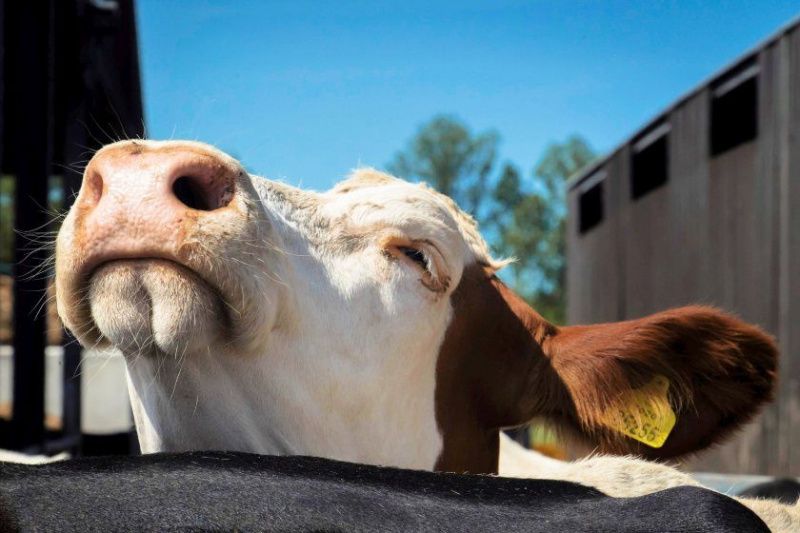Dairy Industry Faces Financial Hurdles in Meeting Carbon Reduction Goals

In a call to action, Becki Reay of Kite Consulting addressed attendees at DairyTech, emphasizing the pressing need for enhanced financial incentives to help dairy farmers achieve the government's mandate of a 30% reduction in carbon emissions by 2030. The dairy industry, crucial to both the economy and environmental sustainability, faces significant challenges in reaching these ambitious targets.
According to Reay, although incremental progress has been made since the release of Kite Consulting's 2020 report outlining necessary measures, the industry remains off track. By harnessing various 'low hanging fruit' strategies of carbon reduction, a more robust approach is needed to ensure substantial advancements.
The consequences of not engaging in carbon reduction could be severe for farmers, with potential repercussions including losing new contracts, retaining existing deals, and being subject to lower milk prices. Furthermore, the advent of green financing means that financial penalties could extend to higher borrowing costs or restricted access to funds.
During DairyTech, Reay stressed the need for processors to shoulder a greater portion of the responsibility and compensate farmers effectively for tangible carbon reduction efforts. The alignment of financial incentives with carbon reduction outcomes is key to achieving the set targets in the coming years.
Reay highlighted specific strategies such as improving feed efficiency and fostering genetic advancements through genomic testing as robust pathways to considerable carbon reductions. By incentivizing farmers to adopt these practices, the industry can catalyze faster progress.
Retailers are currently playing a role by funding carbon reduction initiatives through processors, even at the expense of production efficiency enhancements. According to Reay, the willingness to invest in carbon reduction exists but requires strategic direction.
With merely five years remaining to meet the 2030 benchmarks, Reay underscores the urgency for collective action and alignment across the dairy and retail sectors to drive the necessary transformation.









